As a parent, you want to give your baby the best start in life. One of the most important aspects of your baby's development is their emotional and social development. From the moment they are born, your baby begins to form relationships with those around them, and these early experiences lay the foundation for their future social and emotional development.
In this article, we'll take a closer look at the emotional and social development of babies from birth to 3 months old, including what to expect, developmental milestones, and how you can support your baby's growth and development.
Understanding Emotional Development in Babies
Babies are emotional beings from the moment they are born. They experience a wide range of emotions, from happiness and contentment to frustration and anger, and rely on their caregivers to help them understand and regulate these emotions. As a caregiver, it's important to understand your baby's emotional development and support them as they grow and learn.
By 2-3 months old, your baby will start to display positive emotional responses, such as social smiles and cooing sounds. They will also begin to develop a sense of attachment to their primary caregiver, which is crucial for emotional development and lays the foundation for future relationships. This attachment forms a secure base from which your baby can explore the world and learn about themselves and others.

Milestones
As your baby develops emotionally, they will reach several milestones by three months old. These include:
- Smiling in response to social interaction:Your baby will start to smile in response to your face, voice, or touch. This is different from the "passing gas" smile that babies do when they're newborns.
In their second month, babies can show what's known as a "social smile," indicating that their brain is maturing properly and they are starting to understand the way people communicate. This is a sign that they are beginning to recognize familiar faces and enjoy social interaction. This delightful milestone marks an exciting development in your baby’s growth!
- Showing signs of happiness when they see familiar faces:Your baby will start to show excitement and happiness when they see familiar faces, such as yours or other family members.
- Crying when they are hungry or uncomfortable:Crying is your baby's primary way of communicating their needs. By responding promptly to their cries, you can help them feel secure and develop trust in you as their caregiver.
- Showing distress when separated from their primary caregiver:Your baby may become upset or anxious when separated from their primary caregiver, which is a normal part of emotional development.
How You Can Help
As a caregiver, you play a vital role in supporting your baby's emotional development. Here are some ways you can help:
- Responding promptly when your baby cries or shows signs of distress:By responding quickly and sensitively to your baby's needs, you can help them feel secure and develop trust in you as their caregiver.
- Allow them to self-soothe if necessary.As a parent, it is natural to want to comfort your crying baby, but in the case of non-stop crying, it is important to recognize your own emotional limits. If you begin to feel frustrated or angry, taking a break and leaving your baby alone may be the best course of action. Although it may feel counterintuitive, displaying negative emotions around your baby can lead to increased stress levels for them.
In moments of extreme frustration, some parents may even resort to shaking their baby, which can cause severe injuries or even prove fatal in some cases. If you find that your baby's crying spells persist without apparent cause, they may be experiencing colic. In such instances, it is wise to consult with a pediatrician who can provide further guidance on coping with these difficult episodes.
- Offering comfort through touch, holding, rocking, or singing:Physical contact is an essential part of emotional development in babies. Holding your baby, rocking them, or singing to them can help them feel safe and comforted.
- Providing a consistent routine that helps your baby feel secure:Babies thrive on routine and predictability. By providing a consistent schedule for feeding, sleeping, and playtime, you can help your baby feel secure and confident.
- Talking to your baby in a soothing voice:Your baby loves the sound of your voice and will respond to your tone and intonation. Talking to your baby in a calm and soothing voice can help them feel relaxed and secure in your presence.

Understanding Social Development in Babies
Babies are born social creatures, wired to form connections with others from the moment they enter the world. But how exactly do they develop these social skills? Social development in babies refers to their ability to interact with others, form relationships, and navigate the world around them. As they grow, babies develop social skills that will help them communicate with others and form healthy relationships throughout their lives.
Milestones
By the time they are three months old, babies typically achieve a range of social development milestones. These include:
- Making eye contact: By three months old, babies will begin to make eye contact during social interactions, helping them connect with others and understand social cues.
- Responding positively: Babies will start to respond positively to familiar faces and voices around them. They may even start to recognize and prefer the voice of their caregiver.
- Showing interest: Babies will become more interested in other people's faces and expressions, looking at them and trying to imitate them.
- Imitating facial expressions:By three months old, babies may begin to imitate facial expressions, a sign of their growing social and emotional development.
How You Can Help
As a caregiver, there are many ways you can help support your baby's social development. Some tips to keep in mind include:
- Engaging in face-to-face interactions:Babies learn best from face-to-face interactions with their caregivers, so try to spend plenty of time engaging with them in this way.
- Talking to your baby: Speak to your baby using "parentese," a high-pitched tone of voice that babies respond well to. Don't be afraid to talk to them normally as well, like you would any other person.
- Playing simple games: Simple games like peek-a-boo or patty-cake can be great for encouraging social interaction and helping your baby learn more about the world around them.
- Encouraging tummy time: Tummy time is essential for helping your baby explore the world around them and develop their social and motor skills. Encourage them to spend time on their tummy each day, gradually building up the amount of time they spend in this position.

Supporting Your Baby's Emotional and Social Development
Your baby's development is a journey full of wonder, amazement, and endless opportunities for growth. Embrace the adventure and take an active role in your little one's emotional and social development. And remember, one of the most important things you can do is to respond to your baby's emotional and social cues. It's never too early to start, and every moment counts.
Remember that your baby is a unique little human with their own personality and timeline. So, get your groove on and vibe with their individuality. Play games, have fun, and engage in social interactions that will stimulate their little minds.
If you have any concerns or questions about your baby's development, reach out to their doctor. These experts are there to help you navigate the twists and turns of this exciting journey. With their support and guidance, you can help your baby reach their full potential and create a bright future.
So, go forth, parents, and nurture those little minds and hearts with all the love and care they deserve. The sky's the limit, and the future is bright!
FAQs
How can I tell if my baby is developing emotionally and socially on track?
You can tell if your baby is developing emotionally and socially on track by looking for age-appropriate milestones, such as making eye contact, responding positively to familiar faces and voices, showing interest in people’s expressions, and imitating facial expressions.
When should I be concerned about my baby's emotional and social development?
If your baby is not meeting developmental milestones, you should speak with your pediatrician.
What can I do to promote my baby's emotional development?
Respond to your baby's emotional cues promptly, provide a safe and nurturing environment, and offer plenty of opportunities for social interaction and play.
How can I support my baby's social development?
Encourage social interaction by playing with your baby, talking to them, and providing age-appropriate toys and activities that encourage social development.
What are some common social and emotional challenges that babies may face during the first few months of life?
Common challenges include separation anxiety, sleep disturbances, and difficulty regulating emotions. If you have concerns about your baby's social or emotional development, talk to your pediatrician for advice and support.
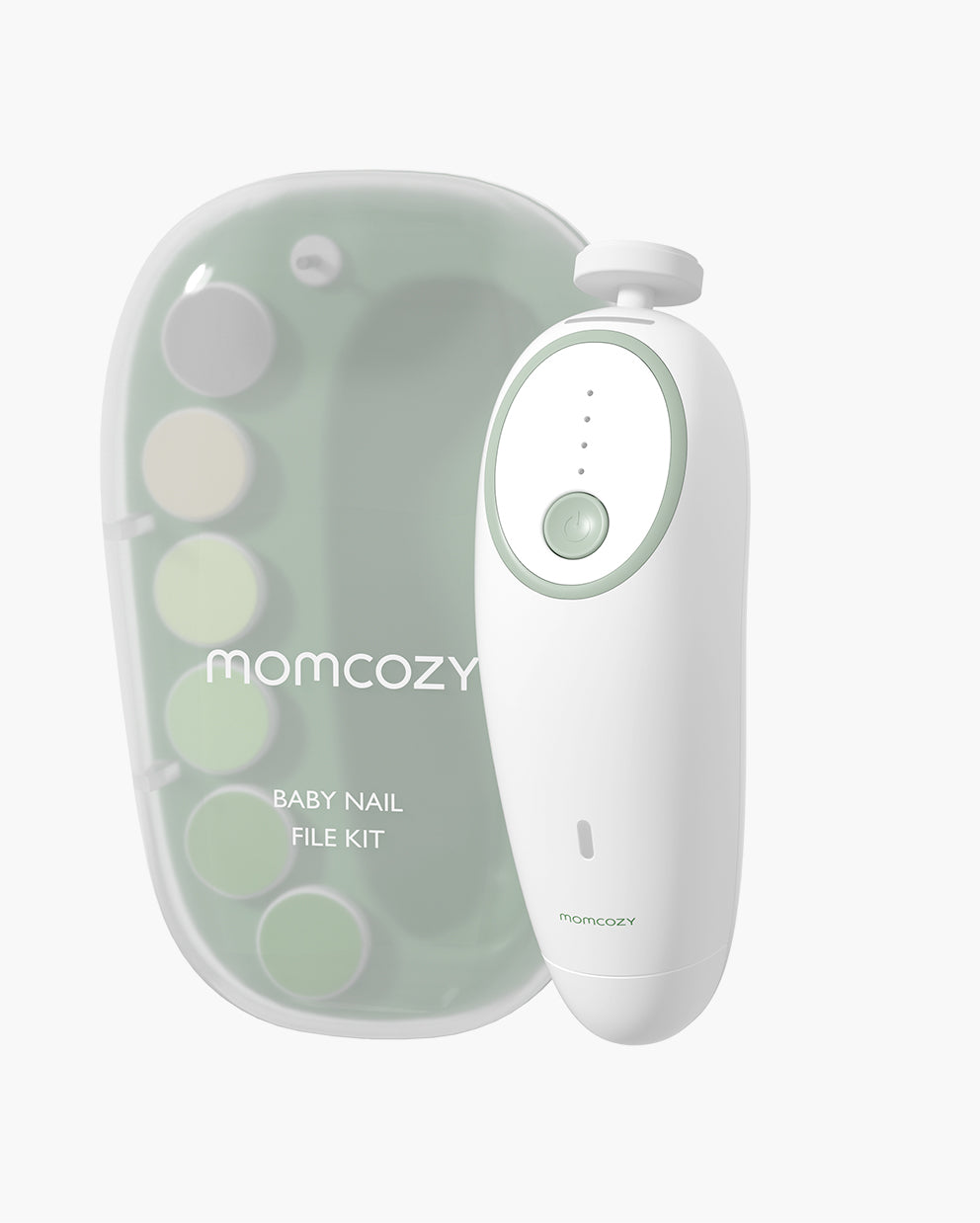


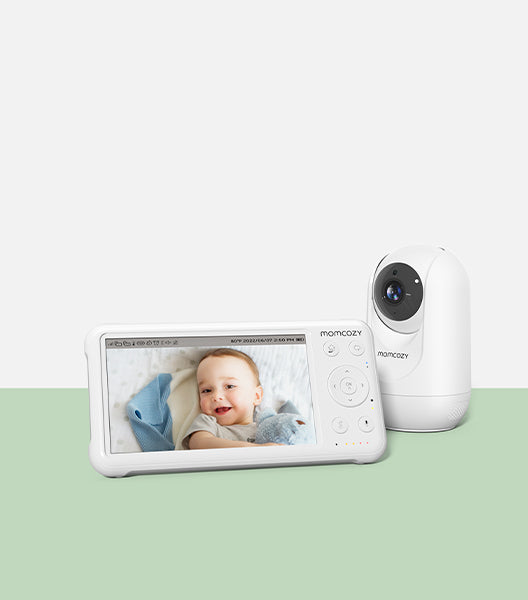

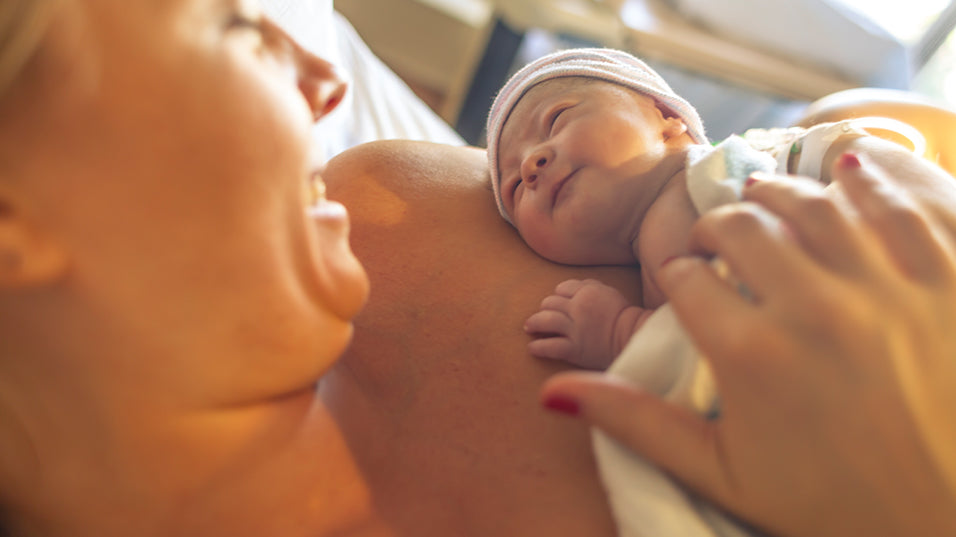
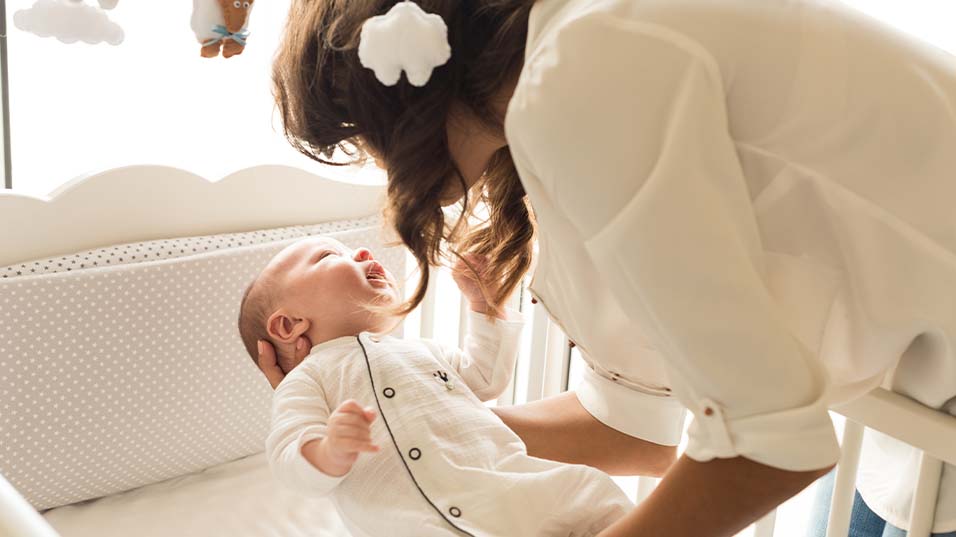
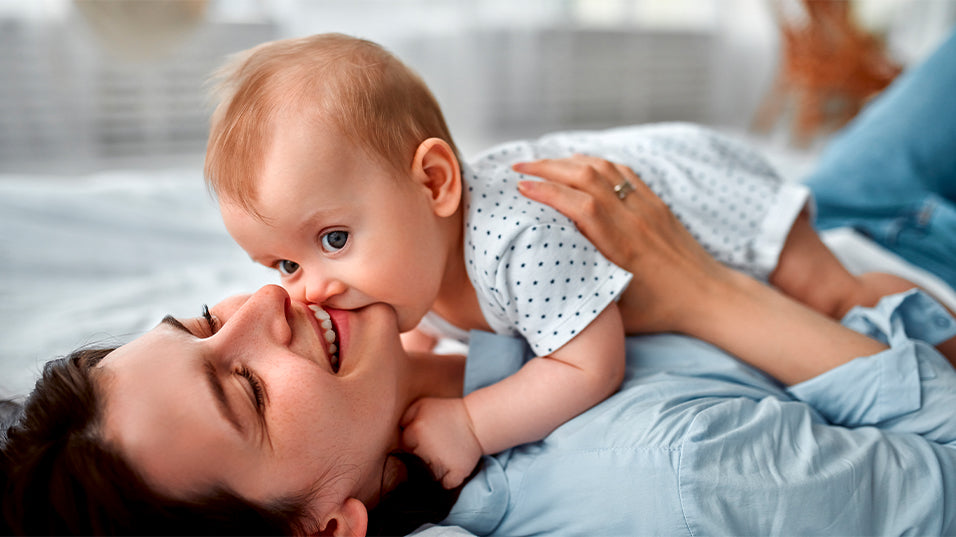
Leave a comment
This site is protected by hCaptcha and the hCaptcha Privacy Policy and Terms of Service apply.